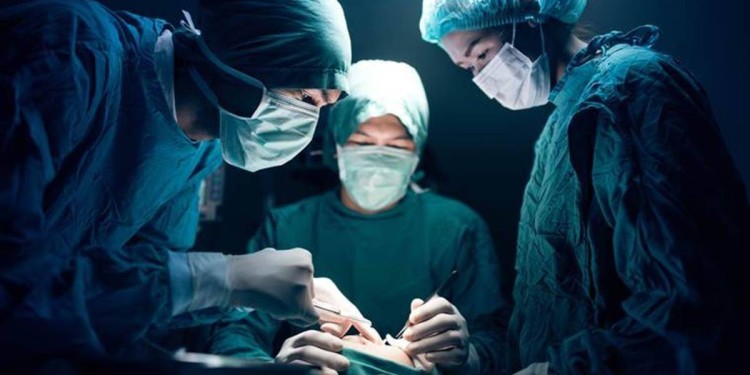AYUSH systems are holistic systems of treatment. However the recent notification has invited sharp criticism as the competence of Ayurveda practitioners to carry out surgical procedures is questioned. Though many patients prefer to receive treatment exclusively from AYUSH providers, for invasive procedures, like surgery, the risk element can be high. Hence proper evaluation of any policy before implementation is needed.
Dimensions
- The policy and changes made
- Advantages and criticisms of the Policy
- What can be done?
Content:
The policy and changes made:
- On November 19, a government notification listed out specific surgical procedures that a postgraduate medical student of Ayurveda must be “practically trained to acquaint with, as well as to independently perform”.
- Postgraduate education in Ayurveda is guided by the Indian Medical Central Council (Post Graduate Education) Regulations.
- The 2016 regulations allow postgraduate students to specialise in Shalya Tantra, Shalakya Tantra, and Prasuti evam Stree Roga (Obstetrics and Gynecology).
- Students of these three disciplines are granted MS (Master in Surgery in Ayurveda) degrees.
- The Centre amended the regulations to introduce formal training to perform surgical procedures as part of the curriculum for postgraduate students of shalya (general surgery) and shalakya (diseases of ear, nose, throat, ENT, eye, head, oro-dentistry) specialisations.
- Students will be trained in two streams of surgery and will be awarded titles of MS (Ayurved) Shalya Tantra and MS (Ayurved) Shalakya Tantra.
- The training modules for surgical procedures will be added to the curriculum of Ayurvedic studies.
- The notification mentions 58 surgical procedures that postgraduate students must train themselves in, and acquire skills to perform independently (include procedures in general surgery, urology, surgical gastroenterology, and ophthalmology).
Advantages and criticisms of the policy:
- The latest notification just brings clarity to the skills that an Ayurveda practitioner possesses as the skill sets have been defined.
- The decision of the government will allow Ayurveda practitioners to legally perform procedures such as skin grafting, cataract surgery, and root canal treatment.
- This would probably help in tackling the shortage of enough trained specialists in rural areas as there will be an increase in qualified health personnel.
- The process of education, internship and learning for Ayurveda students is similar to that of Modern Medicine students and for several surgeries, and ayurvedic procedures almost exactly match those of modern medicine, though there is significant divergence in post-operative care.
Criticisms:
- Indian Medical Association (IMA) has condemned the “predatory poaching on modern medicine and its surgical disciplines” by the Central Council of Indian Medicine (CCIM).
- The IMA is also upset with the recent decision of NITI Aayog to set up four committees for integrating the various systems of medicine in medical education, practice, public health, and administration, as well as research which would lead to the death of the modern system of medicine.
- Most AYUSH doctors primarily practice in urban areas and some have even been accused of using antibiotics and steroids irrationally to treat a range of ailments without the necessary allopathic training.
- The health centres at small towns and rural areas lack a regular supply of Ayurvedic remedies.
- Research has indicated that there are serious problems with the current Ayurvedic curricula in most colleges including sub-standard levels of teaching and an understanding of human anatomy and physiology.
- By forcing AYUSH doctors to practice alongside allopathic doctors, AYUSH doctors may end up being scapegoated if things go wrong.
What can be done?
There is an urgent need and serious discussion about utilising India’s large workforce of non-MBBS doctors to improve access to decent health care for our ordinary citizens. The COVID pandemic has exposed the vulnerability of public and private health care in India. India needs to strengthen a health system that is highly unequal, inaccessible and of spotty quality.
There are many areas that AYUSH doctors can be trained in, so they can refer patients to the right places for treatment in a timely manner. Allopathic doctors could be sensitised to AYUSH systems, especially in the management of chronic diseases, nutrition, exercise, mental health and overall well-being, so they can refer patients to AYUSH practitioners. Ayurveda graduates including surgeons if are creatively and properly trained, they can play important roles in our health-care system.
- To what extent is the recent central government proposal to allow Ayurvedic doctors to perform surgery feasible. Analyze.
Approach to the answer:
- Write about the new policy
- Write its advantages
- Write the criticisms
- Give a balanced conclusion














